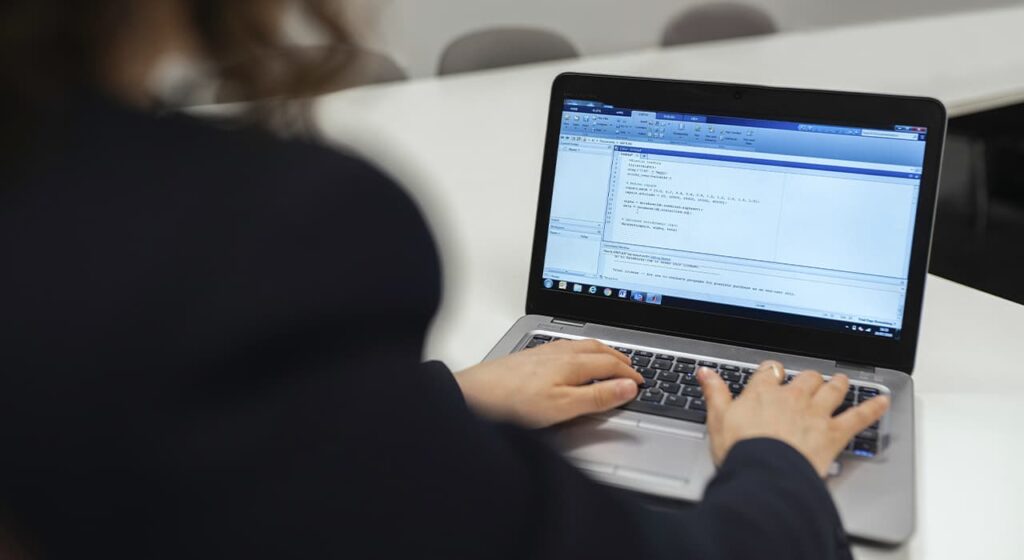You’ve heard of Linux, but only recently realized that this free, open-source operating system is something you can really use. It’s not hard to install, it has lots of great applications, and it extends the life of your computers. Nowadays Linux gives you a decent way to play games. Yes, you got that right. You don’t need to know Linux inside out, you just need someone to hold your hand when you get started.
What is Linux?
If you are new to Linux you may make the common assumption that it is an operating system. This is not quite true. Linux is really a kernel, the center of an operating system. The kernel is what lets the software (what you see on your screen) interact with the hardware (what you touch with your hands). Without the kernel, your system can’t work.
This is why, when you say Linux, you are most often referring to any operating system based on the Linux kernel, such as Ubuntu or Fedora. As a kernel, Linux does nothing on its own. It needs someone to link and distribute it with all the software needed to get the final result. When that happens, the resulting Linux operating system becomes known as a distribution (or “distro”).
What makes Linux different?
What makes the Linux kernel different? Like most applications that run on it, the kernel is actively supported by the Free and Open Source Software (FOSS) community.
Open source software does not cost money and everyone can look at the source code and change it as they see fit. This means that experienced developers from around the world contribute their work either for free or through sponsorship from companies such as Canonical or Red Hat. However, you can also improve the software.
In contrast, Windows source code is not available to anyone but Microsoft employees, and it is a criminal offense to decompile or reverse engineer it. You cannot create your own Windows kernel, fix bugs, or distribute an improved version of Windows that you created.
Linux is different, and the GNU General Public License is part of the difference. This license provides the legal basis for your rights to the software. Originally written by Richard Stallman, it ensures that even when the work is modified or improved, Linux is still in the public domain for others to use and enjoy. It is the most widely used license in the FOSS community
The free and open nature of the license can be a double-edged sword. Without a clear revenue model, development can be inconsistent. Some programs receive regular investments, while others have been dormant for years. Nevertheless, Linux has now spread to become the backbone of the Internet and the most common operating system for supercomputers.
In the end, although using Linux is very similar to Windows and macOS, there are aspects that you will have to learn for the first time. We will encounter many of them as we move forward.
